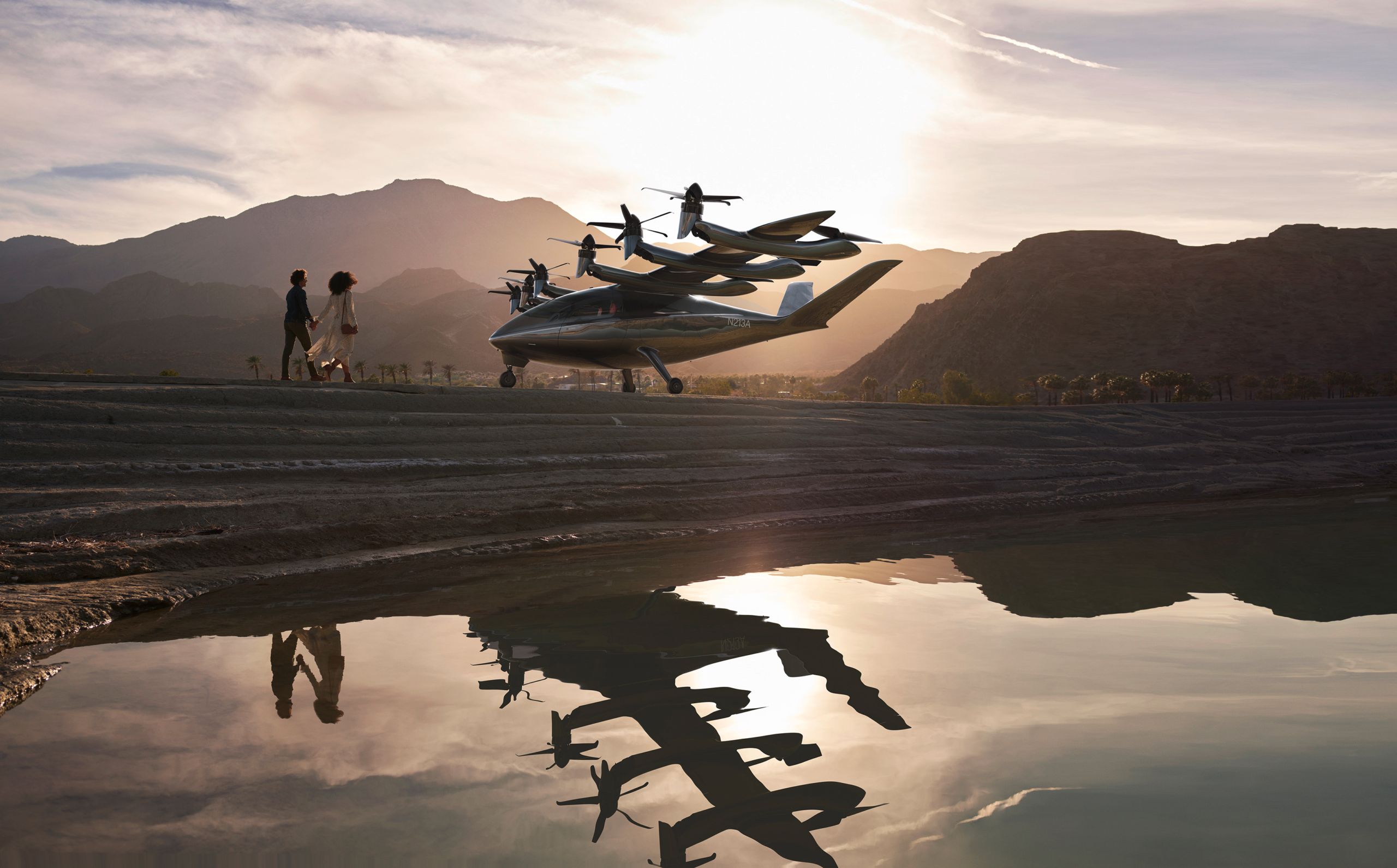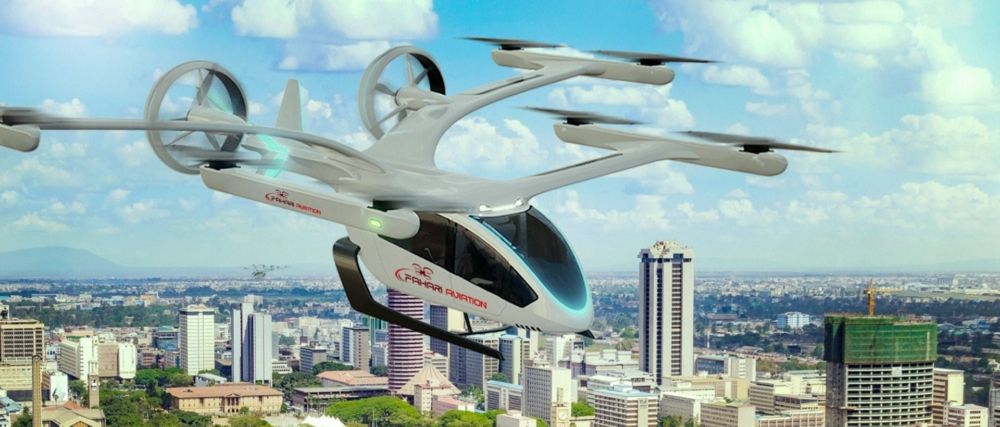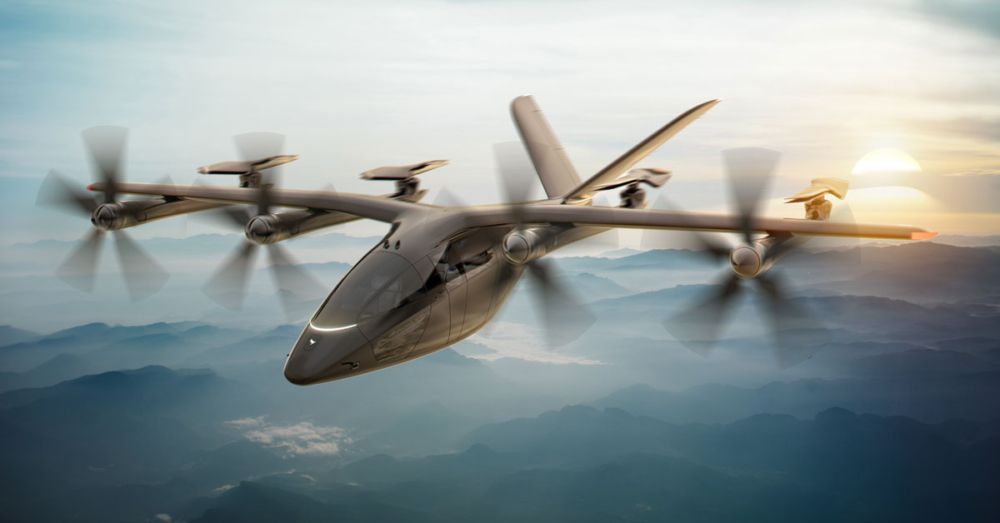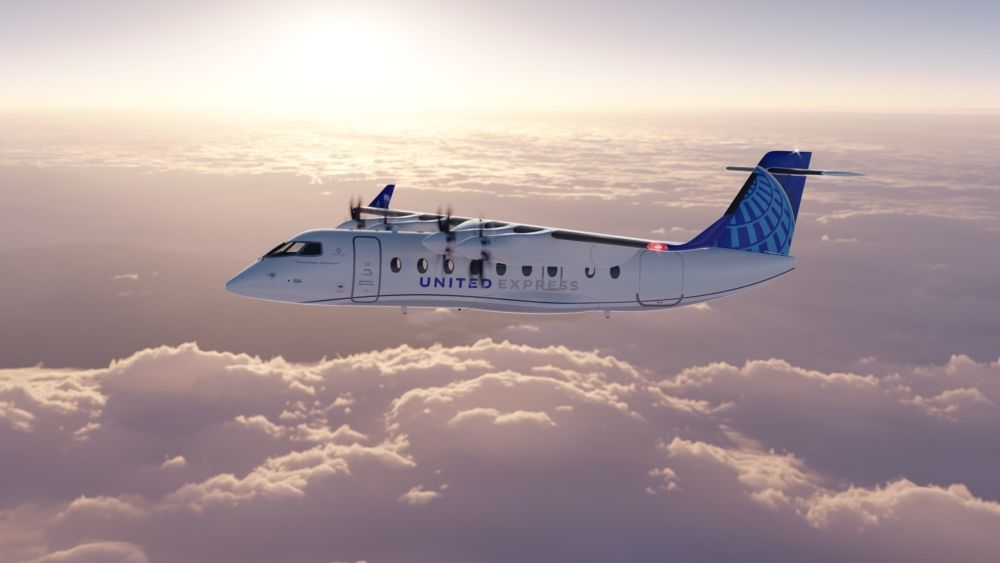One of the hottest topics in the aviation industry in the last few months has been electric aircraft. Aircraft manufacturers and airlines have been placing their bets on a variety of different technologies and opportunities. This includes electric vertical takeoff and landing aircraft (eVTOLs) and electric aircraft that look like turboprops. However, there have traditionally been more questions than answers with these technologies, and the technology is still in its infancy. Yet, there could be one market where electric aircraft could be the perfect test ground: Africa.
Africa's air market is not as developed
To get to Africa, most of the passengers in the world will need to connect in Europe or the Middle East. Airlines like Qatar Airways, Emirates, Brussels Airlines, and Air France are large players in the market. Another airline that is a huge player is Ethiopian Airlines, whose dominance is impressive and unrivaled across the continent.
However, compared to other markets, Africa's air market is not as developed. Much of the continent is not connected with the world. While many large centers, such as Lagos, Accra, Johannesburg, Nairobi, and more are well-connected, smaller communities in other countries do not receive the same level of service. Some airlines may come in just a couple of times per week with small aircraft to service essential needs.
One of the problems with the African air market is that many communities that could benefit from air service may not have the demand to fill a 50+ seater aircraft. However, most electric aircraft in concept or development are very small, seating between five and 20 passengers with a relatively decent range of opportunities from major hubs, which could be the right size to develop regional networks.
In addition, given that the airspace above Africa is not as congested as other markets, this could serve as the perfect template for testing how to manage technology like eVTOLs within air markets. Embraer, for example, is looking at testing electric air taxis in Kenya.
Infrastructure considerations
Many of the small African communities are lacking major airports. Airports are incredibly expensive to construct. They require a fair amount of land, concrete or asphalt to construct runways, taxiways, and aprons, let alone the costs of building up even a rudimentary terminal with security.
While this may seem problematic, this could bring up many other opportunities. For example, eVTOLs do not require long runways with large taxiways and aprons. This can reduce that aspect of the cost while also adding more flexibility for getting air service.
Jet fuel is also a consideration. One option for airlines is to tanker fuel, which means flying with extra fuel to a destination where fuel may be limited. This can sometimes be inefficient. Alternative energy, however, is starting to become more prominent across the world. Electricity is much easier to produce, especially by options like solar power. It still is a little unclear how much electricity would be needed to power the aircraft, but it could certainly be fathomable with only a couple of flights a day.
Stay informed: Sign up for our daily and weekly aviation news digests.
Electric aircraft are still in their infancy
It is important to recognize that electric aircraft are still in their infancy. When it comes to testing, Africa may be one of the key markets where this technology could work. The planes are the right size for many markets. The lack of well-developed airports across the continent in the small communities that could benefit from electric aircraft means the opportunity to start from a clean slate.
There are still many unanswered questions surrounding electric aircraft, and the concepts still have a lot of development to undergo before they enter commercial service. Nevertheless, a continent like Africa could benefit from the development.
What do you think about electric aircraft in Africa? Let us know in the comments!




